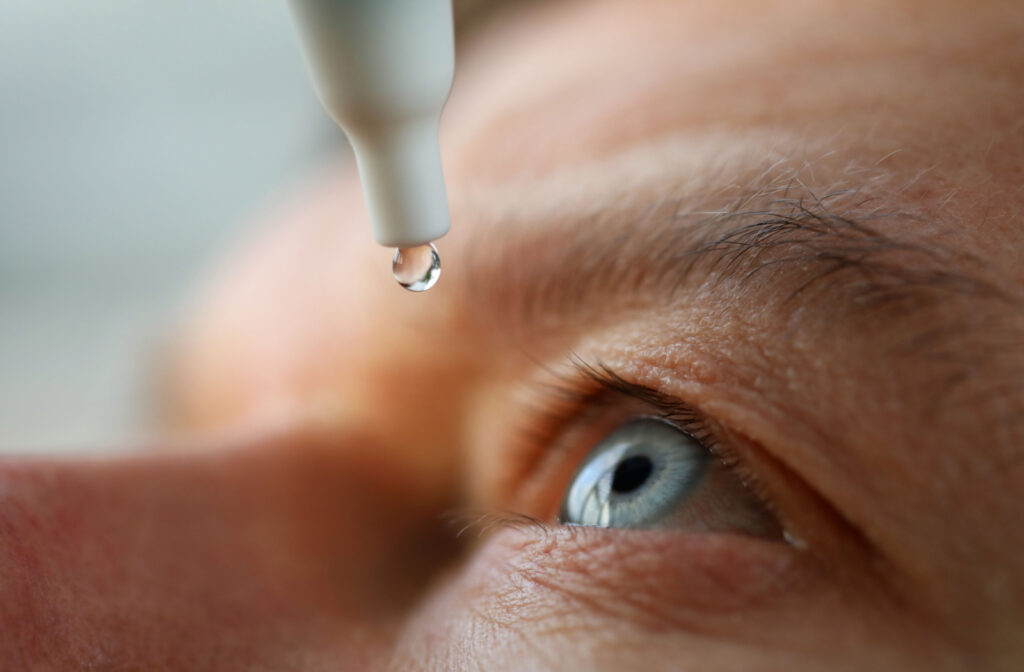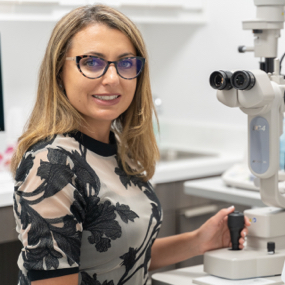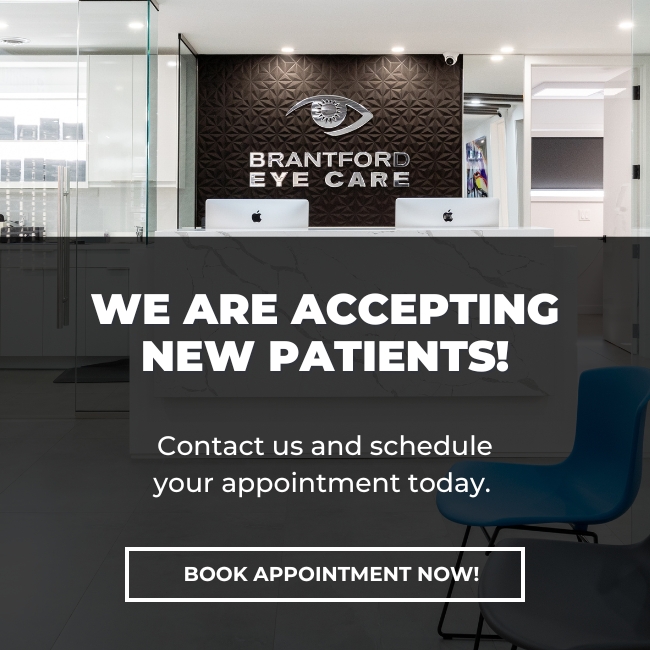One of the most common complaints among people when it comes to their eyes is waking up with dry, irritated, and red eyes. This condition is known as dry eye syndrome and can be caused by various factors such as age, environment, underlying health conditions, and even lifestyle habits.
If you constantly wake up with dry eyes, don’t worry as there are ways to prevent and manage this condition. Tips for reducing dry eye include:
- Keep your eyes hydrated
- Use a humidifier in your bedroom
- Limit screen time before bed
- Blink frequently
- Use artificial tears or eye drops
- Protect your eyes from environmental factors
- Consult your eye doctor for a proper diagnosis and treatment plan
Keeping Your Eyes Hydrated
The most important step in preventing dry eye is to keep your eyes well-hydrated. Some ways to do this include drinking plenty of water throughout the day and avoiding dry and dusty environments.
This can help keep your eyes lubricated and prevent them from drying out overnight. If you wear contact lenses, make sure to follow proper contact lens care and never sleep with them on.
Use a Humidifier in Your Bedroom
During the winter months, the air inside our homes can become very dry which can contribute to dry eye syndrome.
Using a humidifier in your bedroom while you sleep can help add moisture to the air and prevent your eyes from drying out. Make sure to clean and maintain your humidifier regularly to avoid bacteria or mold buildup.
Limit Screen Time Before Bed
Excessive screen time, particularly in the form of high computer or phone usage, has been consistently associated with the development of dry eye syndrome. This is primarily due to the strain imposed on the eyes and the decrease in blinking, leading to dryness and discomfort.
To reduce the risk of dry eye syndrome, try to limit your screen time before bed, as this will allow your eyes to rest and recuperate. Additionally, taking frequent breaks during long periods of electronic device usage can help decrease eye strain and dryness.
Lastly, adjusting the brightness and blue light settings on your screens can effectively reduce eye strain, as excessive exposure to blue light has been shown to contribute to eye fatigue.
Blinking Frequently
Blinking is a natural reflex that helps keep our eyes lubricated and prevents dryness. However, when we are engaged in tasks such as reading, driving, or staring at screens, our blink rate decreases significantly.
Less blinking can lead to dryness in the eyes. It is important to consciously make an effort to blink frequently, especially when participating in activities that reduce your blink rate.
Use Artificial Tears or Eye Drops

If you experience persistent dry eye symptoms, using artificial tears or eye drops can provide immediate relief. These products help to add moisture and lubrication to the eyes, reducing irritation and discomfort.
However, it’s important to consult with your eye doctor before using any eye drops as they may recommend a specific type or another treatment based on your individual needs.
Protect Your Eyes From Environmental Factors
Environmental factors, such as gusty winds, smoke from wildfires, and high levels of air pollution, can exacerbate the discomfort of dry eye symptoms.
To protect your eyes, it’s a good idea to wear sunglasses or protective eyewear when spending time outdoors. You can further shield your face from windy weather by using a hat as added protection.
Consult With an Eye Specialist
If you’re experiencing dry eyes consistently, it’s important to consult with your eye doctor.
They can perform a thorough eye exam and provide a proper diagnosis and treatment plan tailored to the cause of your dry eye. This may include treatments from eye drops to IPL.
Expert Eye Exams, Dry Eye Treatment & Personalized Advice at Brantford Eye Care
Dry eye syndrome is a common condition that can have a significant impact on our daily lives. However, by making simple changes in our habits and incorporating preventative measures, we can effectively manage and reduce the symptoms of dry eye.
At Brantford Eye Care, we are dedicated to providing excellent eye care services and helping our patients achieve optimal eye health. Our team can provide comprehensive eye exams, diagnose and treat dry eye syndrome, and offer personalized advice on how to maintain healthy eyes. Schedule your appointment with us today and take the first step towards better eye health.




